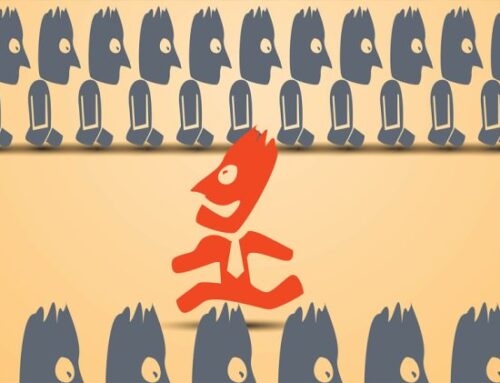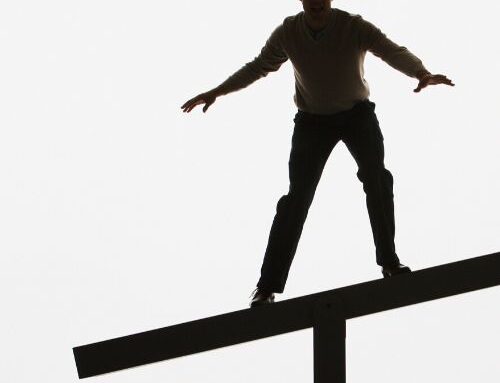Why Balance is Key
July 4, 2021
Categories: Balance
This post is Part 2 in a 6-part blog series on Balance. (If you missed the first post, you can find it here.)
Attaining balance is one of the most important factors when it comes to mental health and well-being, but we don’t always recognize it. I think part of the reason is that in our society today, we see numerous examples of people living in a way that is OUT of balance—but this way of living is actually encouraged or put on a pedestal.
The Last Dance
I remember thinking about this point when I watched the Michael Jordan documentary “The Last Dance.” Michael Jordan certainly didn’t live a balanced life—his entire being was focused on competition and being the best basketball player he could be. Little kids view Jordan as a hero. Growing up, we all wanted to “be like Mike.” And I see the appeal to that. We are all wowed by extraordinary performances. That said, we don’t know much about Jordan’s personal life. We don’t know much about his relationships with his kids, or his divorce. I remember listening to an interview with the singer Sia, who said that if the average person really knew what it was like to be famous, no one would want to be famous. Be careful what you wish for.
Yerkes-Dodson Law
Furthermore, there are numerous examples in different areas of life where the ideal point to be is a balanced point—not too much and not too little. The most famous example from psychology is the Yerkes-Dodson Law. The study looked at the relationship between anxiety and performance. Scientists found that anxiety was positively related to performance, but only up to a certain point. After that point, higher levels of anxiety became detrimental. You don’t want to be yawning through your performance, but you don’t want to be jittery either. A balanced position is where you want to be.
Eating
Once you start to observe the world a bit, you will find this “balance point” in other areas of life as well. For example, what about eating? If you eat too much, you will be overweight and have to deal with health problems. But if you eat too little, that will lead to another set of health problems. The ideal place is a balanced place.
Exercise
What about exercise and working out? If you work out too much, you will over-train and get fatigued, which will hinder your progress. But if you work out too little, you will encounter health problems that come with a sedentary lifestyle. The ideal place is a balanced place.
Money
What about money? If you don’t make enough money, your life will be stressful. Money is correlated with happiness, but only up to a point. After you make enough money to pay your bills, save a little each month, and go on vacation, more money doesn’t lead to more happiness. You may even notice a detriment because of the stress associated with having to maintain all your stuff. Again, the ideal place is a balanced place.
Balance is the Goal
Everywhere you look, the story is the same. We might look at celebrities or other extreme examples as the ideal, but when you dig below the surface, you will usually find there are consequences associated with their lack of balance. Maybe the person’s relationships are in shambles, because they don’t have time to take care of them. Or perhaps the individual is experiencing a high level of stress that is causing mental health problems in their life.
There are some exceptions to this rule. If you are absolutely sure that you want to be a professional athlete, or win a Nobel prize, achieving this goal may require you to live a life that is out of balance. (Recognize, however, that you must be willing to accept the consequences of living an unbalanced life.) But for the rest of us who are in the average range of existence, I think balance should be the goal.

Related Thoughts

Subscribe To My Newsletter
Join my mailing list to receive the latest blog posts.
Receive my e-book “The Mental Health Toolkit” for free when you subscribe.





